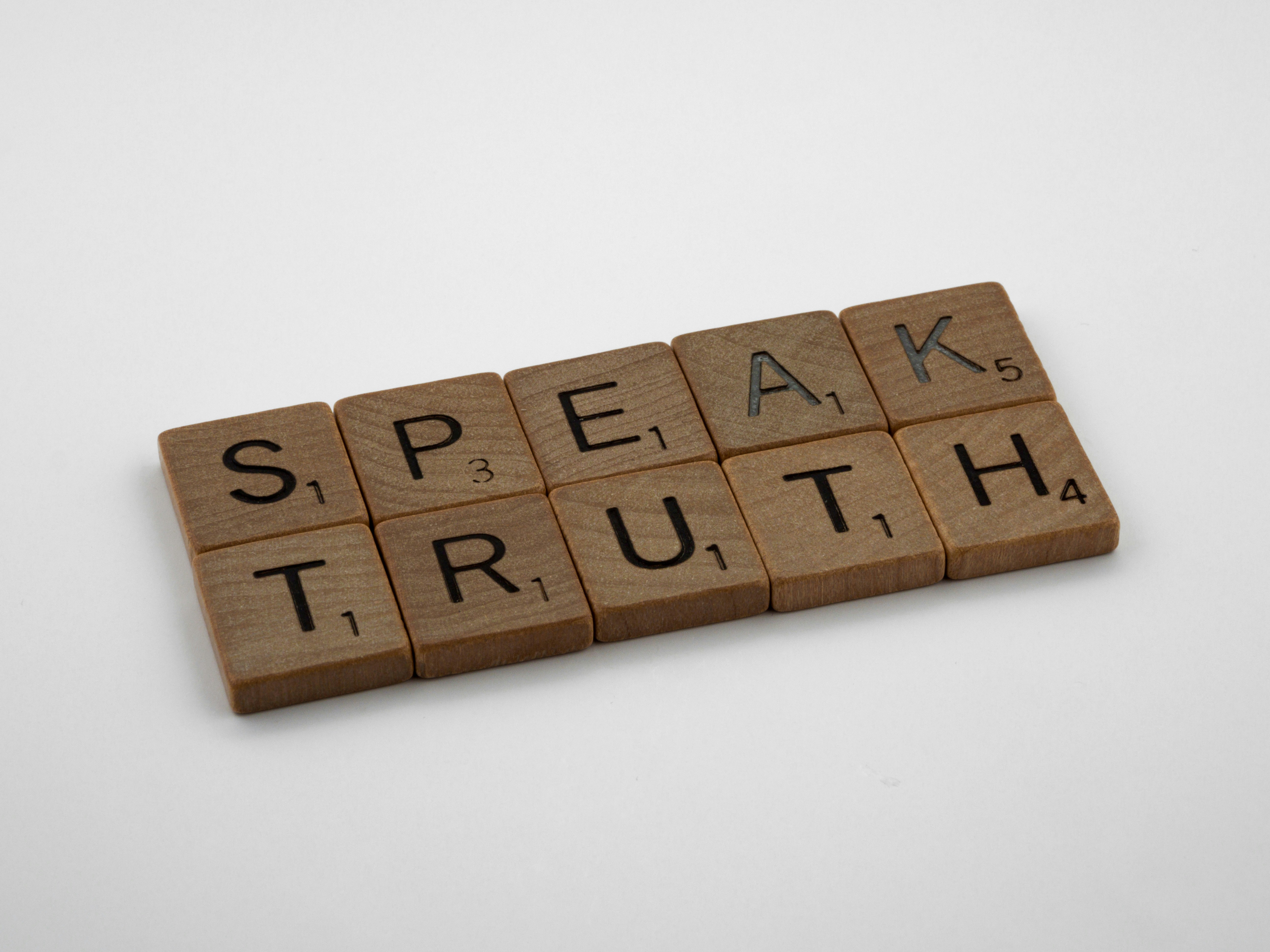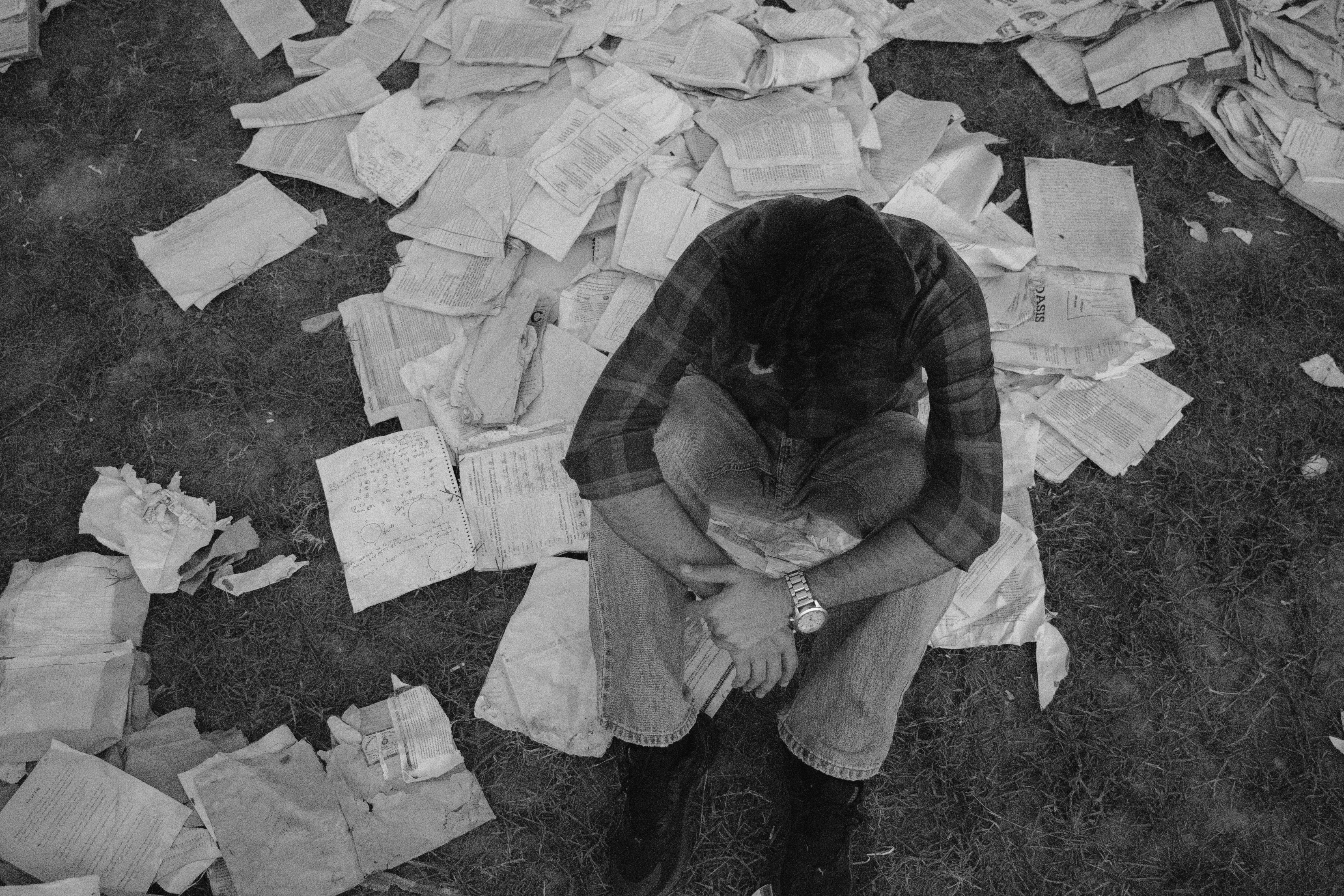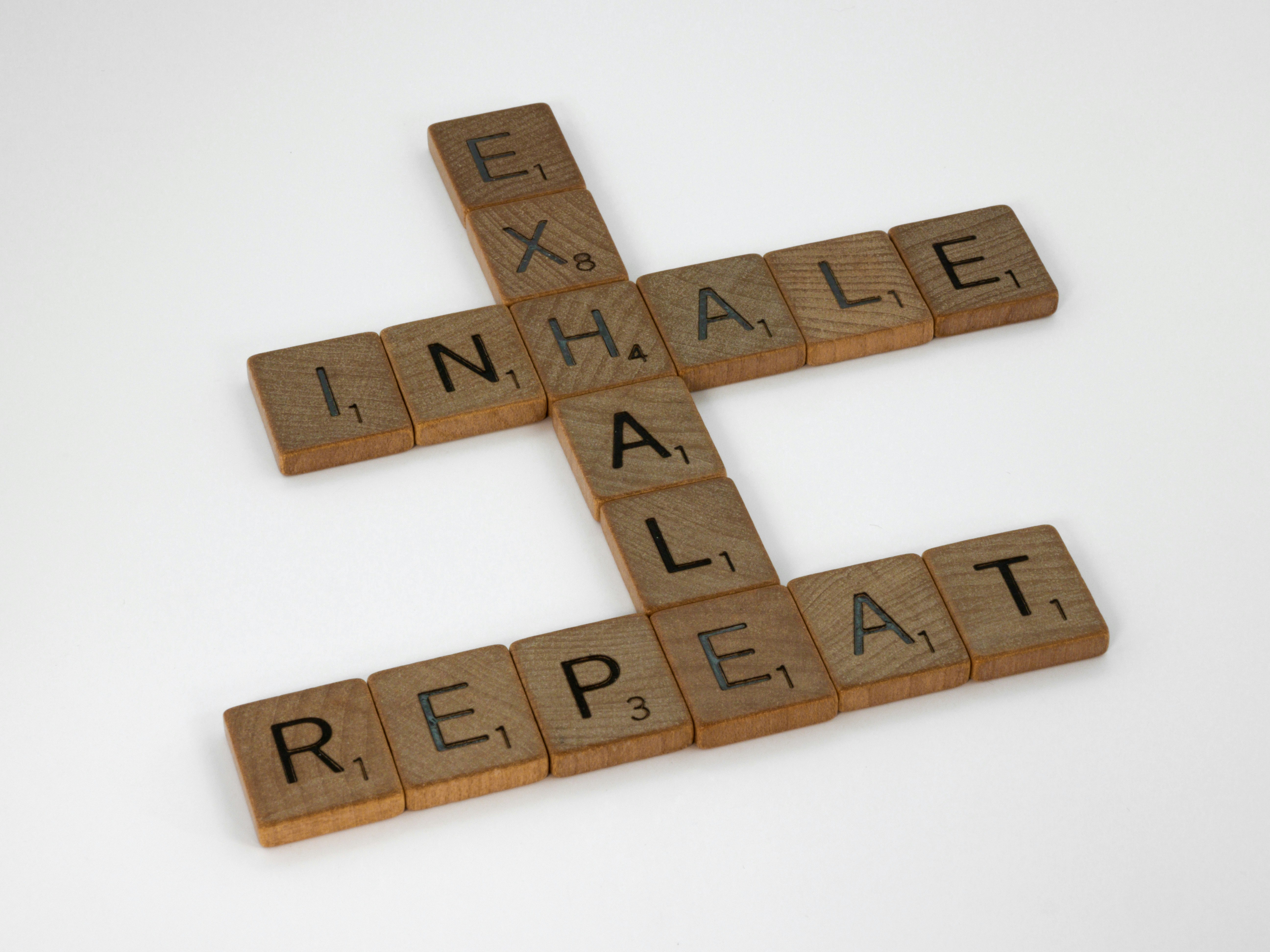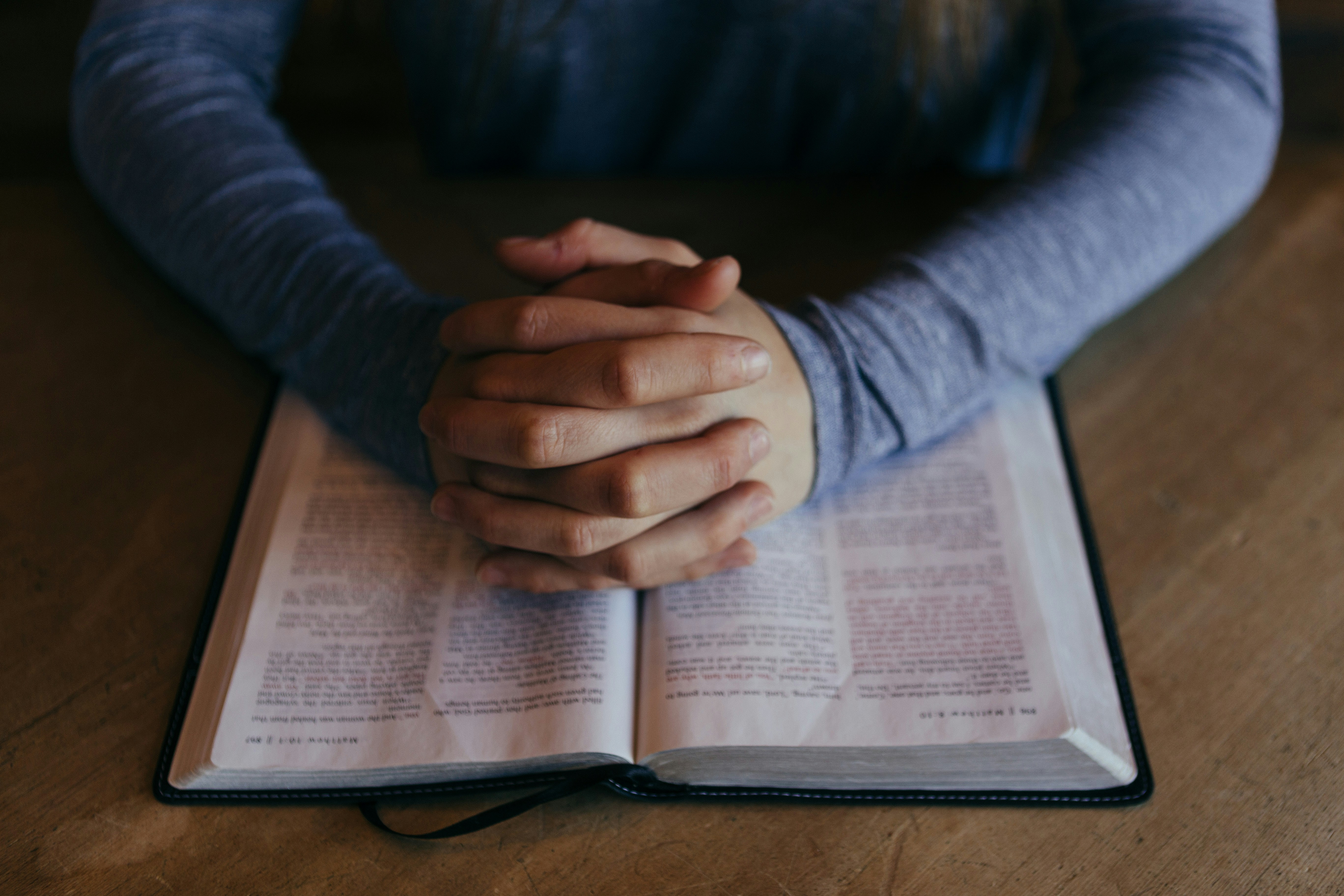From Burnout to Belief: Bible Journaling for Exhausted Professionals
A Spiritual Survival Guide for Teachers, Nurses, Pastors, and Everyday Workers on the Brink
Introduction: When Giving Your Best Leaves You Empty
You wake up tired, go to bed numb, and live your days in a blur of responsibility. You love the people you serve—but lately, it feels like your soul is running on fumes.
Whether you're a pastor drained from shepherding others, a nurse carrying the emotional weight of patients, a teacher overwhelmed by impossible expectations, or a hard-working professional who just can’t find the off switch—burnout doesn’t just affect your body. It erodes your spirit.
Maybe you’ve asked yourself:
- “How much longer can I do this?”
- “Why doesn’t anyone see how exhausted I am?”
- “Where is God in all this?”
You’re not weak. You’re not failing. You’re human. And God sees you.
This guide is for those on the edge—the faithful who feel forgotten, the strong who are secretly crumbling. Through the practice of Bible journaling, you can begin to rediscover rest, reconnect with God, and reawaken the hope that burnout tried to steal.
1. Recognizing Spiritual Exhaustion
More Than Just Tired
Burnout isn’t just fatigue—it’s a form of soul-weariness. It’s what happens when your output exceeds your input for too long. You’re doing good things—serving others, staying productive, showing up—but inwardly, you’re running dry. The worst part? You might not even feel it at first. You just know something is off.
💡 The Symptoms of Spiritual Burnout
Burnout often disguises itself as “being busy” or “just a rough season,” but over time it takes a toll on every part of your being. Here are a few signs you may be spiritually depleted:
- You’ve stopped feeling joy, even in things you once loved.
- Prayer feels like a burden, or like no one is listening.
- You feel guilty taking time for yourself.
- You’re more irritable, numb, or emotionally flat.
- You dread going to work or showing up for others.
- You read Scripture but it doesn’t “land” like it used to.
📖 Matthew 11:28
“Come to me, all you who are weary and burdened, and I will give you rest.”
This isn’t just a comforting verse—it’s a personal invitation. Jesus doesn’t say, “Fix yourself, then come.” He says, “Come as you are—burned out and burdened.”
🖊️ Journaling Prompt: “God, I’m So Tired Because…”
Start your journaling practice by completing this sentence each day for a week:
“God, I’m so tired because…”
Let it flow uncensored. Whether it’s exhaustion from overwork, emotional drain from caregiving, or the mental fatigue of holding everything together—God can handle your truth.
🧠 Spiritual Exhaustion Is Not a Lack of Faith
You might feel ashamed for being burned out—especially if you work in ministry or a helping profession. But Scripture is full of faithful people who collapsed under the weight of their callings.
- Elijah asked God to take his life under a broom tree.
- Moses begged God to send someone else.
- Jeremiah wept over the burden of being a prophet.
God didn’t condemn them—He comforted, restored, and reminded them who they were.
📖 Isaiah 40:29
“He gives strength to the weary and increases the power of the weak.”
📘 Journaling Exercise: “What Is Draining Me?”
Divide a journal page into two columns:
- Drains – List everything stealing your energy, time, and peace.
- Wells – List anything (even small things) that refill your soul.
Reflect: What would it look like to say “yes” to more wells, and “no” to some drains?
2. Returning to the Well
Relearning Rest in God's Presence
When you're burned out, rest often feels unreachable. Maybe you’ve tried to rest—took a day off, got more sleep, canceled a few things—but still felt empty. That’s because true restoration doesn’t come from escape. It comes from encounter—meeting God again in a way that restores your soul.
Burnout thrives in disconnection. The more disconnected you are from God, the more your soul dries up. But the beautiful truth is: the well is still there. You can return to it anytime.
🌊 Rest Isn’t Laziness—It’s Obedience
In a culture that glorifies hustle, resting in God feels countercultural. But rest is not optional for the believer—it’s holy.
📖 Exodus 20:8-10
“Remember the Sabbath day by keeping it holy... On it you shall not do any work...”
God didn’t command rest because we’re weak. He commanded it because He knows what constant output does to the human soul. Without rest, we forget who we are. We become machines. But you are not a machine. You are beloved.
🖊️ Journaling Prompt: “What Would Rest Look Like Today?”
Each morning, ask yourself:
“God, what kind of rest do You want to give me today?”
It might be 10 minutes of silence, a walk without your phone, or simply saying “no” to something draining. Write down your answer—and commit to honoring it.
📖 Jesus Rested—So Can You
Even Jesus withdrew from the crowds. He napped on boats. He rose early to pray in solitude. If the Son of God needed to reset, how much more do we?
📖 Mark 6:31
“Come with me by yourselves to a quiet place and get some rest.”
When you journal, you are entering that quiet place. And Jesus is already waiting there.
📘 Journaling Exercise: “My Rest Inventory”
Draw three boxes labeled:
- Physical Rest – What does my body need more or less of?
- Emotional Rest – Where am I holding tension or stress?
- Spiritual Rest – How can I reconnect with God?
Fill in each box with honest reflections. Then ask God which area He wants to heal first.
🔄 Rest Is Not One Big Fix—It’s Daily Reconnection
Don’t wait for a week off or a retreat to feel better. Start today with one quiet moment of surrender. Let journaling become your new rhythm of rest—where the page is your place of pause, and God is your source of peace.
3. Breaking the Lies of Performance
You Are Not Your Productivity
If you’re in a burnout season, there’s a good chance you’ve been living under a lie—maybe for years. The lie says:
“My worth comes from what I do.”
“If I stop performing, I’ll let everyone down.”
“If I don’t give 110%, I’m failing God.”
These lies are subtle and socially acceptable, especially for those in service-driven roles like pastoring, teaching, nursing, or caregiving. But they’re still lies. And journaling is one of the most powerful ways to expose them and replace them with truth.
🧠 Performance-Based Faith Is a Spiritual Trap
When we start measuring God’s approval by how much we produce, we drift into religious exhaustion. We read the Bible out of guilt. We pray to check a box. We serve because we “should,” not because we’re led. Before long, God feels more like a taskmaster than a Father.
📖 Galatians 5:1
“It is for freedom that Christ has set us free... do not let yourselves be burdened again by a yoke of slavery.”
Your calling is not a cage. It’s a gift. But even good things can become exhausting when they’re done in your own strength.
🖊️ Journaling Prompt: “What Am I Trying to Prove?”
Take a quiet moment and ask yourself:
“Who am I working so hard to please?”
“What do I fear would happen if I slowed down?”
“Am I doing this to be loved—or because I already am?”
Be honest. Let the answers come without judgment. This is where healing begins.
📖 Jesus Never Rushed—and He Changed the World
Jesus fulfilled the greatest mission in human history without hurry. He took detours. He paused to rest. He gave time to people others ignored. And yet, He never once apologized for taking care of His soul.
📖 Luke 5:16
“But Jesus often withdrew to lonely places and prayed.”
If your pace doesn’t allow space to connect with God, your pace needs to change—not your identity.
📘 Journaling Exercise: “Who I Am vs. What I Do”
Create two lists:
- Who I Am – Loved, chosen, forgiven, a child of God, worthy, whole, redeemed.
- What I Do – Teacher, nurse, pastor, parent, leader, employee.
Reflect: If all the “do” disappeared tomorrow, would you still know who you are?
Write a declaration:
“My identity is not in my output. I am enough because I am His.”
Read it aloud every day this week.
🕊️ Grace Is Not Earned—It’s Embraced
Burnout whispers that you haven’t done enough. Grace shouts that Jesus already has. Journaling realigns your soul with that truth, page by page.
📖 Titus 3:5
“He saved us, not because of righteous things we had done, but because of his mercy...”
You don’t need to perform for love. You just need to rest in it.
4. When the Calling Feels Heavy
Pouring Out Your Heart Without Losing It
If you’re a pastor, teacher, nurse, or anyone in a helping profession, you know what it’s like to give your heart away daily. You carry others’ burdens. You show up when no one else will. You pour out encouragement even when your own tank is empty.
And while your work may be deeply meaningful, there comes a point where the weight becomes too much—not because you’re weak, but because you’re human. Bible journaling can be your sacred outlet to pour your heart out to God before you pour it into others.
🫀 You Can’t Carry Everything—and You’re Not Meant To
Even Moses, called by God to lead His people, reached a breaking point:
📖 Numbers 11:14-15
Moses said, “I cannot carry all these people by myself; the burden is too heavy for me... If this is how you are going to treat me, please go ahead and kill me...”
That’s raw honesty. God didn’t rebuke Moses—He sent help.
God can handle your unfiltered cries, too.
🖊️ Journaling Prompt: “God, Here’s What I’m Carrying…”
List every burden you’re holding for others—students, patients, church members, team members, family.
After each one, write:
“God, I give this to You. Carry what I can’t.”
This isn’t weakness. This is spiritual delegation.
⚖️ Called to Care, Not to Save
Sometimes burnout happens when we confuse our role with God’s. You are called to plant, water, and love—not to rescue everyone. That’s Jesus’ job.
📖 1 Corinthians 3:7
“So neither the one who plants nor the one who waters is anything, but only God, who makes things grow.”
Journaling can help you release outcomes and recommit to obedience. You don’t have to fix it—you just have to be faithful.
📘 Journaling Exercise: “The Circle of Control”
Draw two concentric circles:
- Inner Circle (My Responsibility): Your attitude, effort, rest, boundaries, spiritual practices.
- Outer Circle (God’s Domain): Others’ reactions, healing timelines, organizational decisions, change in people.
Write today’s biggest stressor and categorize it. If it’s in God’s domain—release it in prayer.
🌄 God Cares for the Caregiver
The One who sends you to care for others also cares deeply for you. He doesn’t just want to use you—He wants to nurture you.
📖 1 Peter 5:7
“Cast all your anxiety on him because he cares for you.”
Let your journal be the net where you cast those anxieties—one line at a time.
5. Creating a Sacred Rhythm
Turning Journaling Into Daily Restoration
In seasons of burnout, you may feel like you don’t have time to journal—or that journaling is just one more thing on an already full plate. But Bible journaling isn’t meant to be a task. It’s meant to be a lifeline—a daily rhythm that gently pulls you back into God’s presence.
You don’t need to journal for an hour. You don’t need the perfect space or special supplies. All you need is a few quiet moments and a willing heart. When practiced consistently, journaling becomes more than self-expression—it becomes soul recovery.
🔄 Rhythms Over Routines
Burned-out people often resist “one more routine.” That’s why journaling should be viewed as a rhythm—something natural, flexible, and grace-filled. It’s not about performance; it’s about presence.
📖 Psalm 90:14
“Satisfy us in the morning with your unfailing love, that we may sing for joy and be glad all our days.”
Think of journaling not as something to check off, but as a place to meet God—and be satisfied before the world demands anything from you.
🖊️ Journaling Prompt: “Today, I Bring You…”
Each day, open your journal with these five words:
“Today, I bring You…”
Then write whatever is true:
- “Today, I bring You my fatigue.”
- “Today, I bring You my resentment.”
- “Today, I bring You my small glimmer of hope.”
This begins a habit of honesty—and daily spiritual exchange.
📘 Start Small, Stay Steady
Here are a few rhythm ideas you can customize:
5 Minutes, 3 Steps:
- Write one verse.
- Respond with one paragraph.
- End with one sentence prayer.
Daily Check-In:
- What am I feeling?
- What is God saying?
- What am I surrendering?
Weekly Reflection:
On Sundays (or your day off), review the week. What themes kept showing up in your journaling? What did God whisper? What burden was lifted?
🛠️ Tools That Help You Keep the Rhythm
- Keep your journal visible (nightstand, desk, kitchen counter).
- Set a phone reminder titled: “Meet with God.”
- Pair journaling with another rhythm (e.g., morning coffee, post-work decompression, bedtime wind-down).
Over time, the sacred rhythm of journaling will feel less like a practice and more like a refuge.
🕊️ God Will Meet You in the Margin
Even five quiet minutes scribbled in a car, breakroom, or dark bedroom can become holy. The goal is not eloquence—it’s encounter.
📖 Isaiah 30:15
“In repentance and rest is your salvation, in quietness and trust is your strength...”
Let this be your invitation: slow down, turn the page, and come home to the God who never burns out.
6. Reclaiming Joy
Letting God Revive What Burnout Tried to Kill
One of the first casualties of burnout is joy. Not the fleeting kind that comes from entertainment or quick relief—but the deep, sustaining joy that springs from being aligned with God and alive in His presence. When you’re burned out, joy feels unreachable. You may still smile for others, but inside you feel dull, numb, or simply tired of pretending.
But joy isn’t gone—it’s buried. And Bible journaling can help you uncover it.
🌱 Joy Is Not the Same as Happiness
Happiness is based on what’s happening. Joy is rooted in something deeper—someone deeper. Even when life is hard, joy says, “God is still good, and He’s still with me.”
📖 Nehemiah 8:10
“The joy of the Lord is your strength.”
You don’t have to manufacture joy. You simply need to make space for it to return—through quiet, honesty, and worship.
🖊️ Journaling Prompt: “When Did I Last Feel Joy?”
Reflect on moments when you felt truly alive—not just entertained, but whole:
- Was it while praying with someone?
- Laughing with your kids?
- Walking outdoors?
- Singing at church?
Write them down. Then ask:
“Lord, what do You want to revive in me?”
Burnout makes you forget who you are. Joy helps you remember.
💔 God Doesn’t Want You Numb—He Wants You Alive
Numbness may feel like self-protection, but it blocks both pain and beauty. Through journaling, you can begin to feel again—with God as your emotional safe place.
📖 John 10:10
“I have come that they may have life, and have it to the full.”
Jesus didn’t die for you to survive. He died for you to come alive.
📘 Journaling Exercise: “Joy Hunt”
Each evening for the next 7 days, answer this question in your journal:
“Where did I see a spark of joy today?”
Even if it’s small—sunlight through a window, a smile from a stranger, a warm drink—write it down. These moments are evidence: your soul is still waking up.
🎉 Worship Is the Pathway Back to Joy
If joy feels completely out of reach, don’t force it—sing your way into it. Try ending each journaling session with a short worship song and write one lyric or phrase that stands out.
📖 Psalm 16:11
“In your presence there is fullness of joy...”
Journaling isn’t just an emotional dump—it’s a doorway back into presence. And in presence, there is joy.
7. Praying Through the Fog
When Words Don’t Come Easily
Burnout doesn’t just drain your energy—it clouds your connection to God. You may sit down to pray and feel… nothing. The words don’t come. The silence feels loud. You wonder if God is listening—or if you even have anything left to say.
This fog is common. It doesn’t mean your faith is gone. It means you need a gentler way to pray—one that meets you in the silence. Bible journaling can become that gentle way.
☁️ When You Can’t Speak, God Still Hears
There are times when the heart is too heavy for words. Thankfully, God understands groans, tears, and even the silence itself.
📖 Romans 8:26
“...the Spirit helps us in our weakness... the Spirit himself intercedes for us through wordless groans.”
You don’t need perfect words. You just need presence. Journaling creates a sacred place for presence to unfold.
🖊️ Journaling Prompt: “God, I Don’t Know What to Say, But…”
Start with that phrase and let it guide you:
- “...but I need You.”
- “...but I miss You.”
- “...but I still believe You’re here.”
Let the page catch your stammering thoughts. God is not grading your eloquence—He’s listening for your honesty.
📖 Borrowed Prayers Are Still Powerful
When you can’t find words, borrow the prayers of Scripture. Psalms, in particular, are raw, real, and resonant with burnout, grief, and spiritual thirst.
📖 Psalm 61:2
“From the ends of the earth I call to you, I call as my heart grows faint; lead me to the rock that is higher than I.”
Copy that verse into your journal. Then write your response underneath it—your echo to David’s cry.
📘 Journaling Exercise: “One Verse, One Line”
If full journal entries feel overwhelming, try this:
- Choose one verse from your reading.
- Write it out slowly.
- Underneath, respond with a single line.
Example:
Verse: “The Lord is close to the brokenhearted…”
Response: “God, please be close to me today.”
Repeat daily. Let the rhythm of God’s Word reconnect your weary heart.
💡 Silence Is Still Sacred
If all you can do is sit quietly with your open journal and an open Bible, that is still prayer. Don’t rush it. Don’t judge it. Just be with God.
📖 Lamentations 3:26
“It is good to wait quietly for the salvation of the Lord.”
He’s not in a hurry. And He’s not disappointed in your slowness. He just wants to be with you.
8. Healing in Community
Letting Others In Without Burning Out Again
One of the most painful aspects of burnout is isolation. Whether you're a pastor, nurse, teacher, or leader in any capacity, people often expect you to be the strong one. The helper. The encourager. The fixer. So when you’re the one falling apart, it can feel like there’s no safe place to land.
But Scripture is clear: you weren’t meant to carry your burdens alone. Healing happens faster, deeper, and more lastingly in community.
👥 You Don’t Heal in Hiding
God never intended for His people to suffer silently. Yes, private time with God is essential—but He also uses people to reflect His comfort, truth, and compassion.
📖 Galatians 6:2
“Carry each other’s burdens, and in this way you will fulfill the law of Christ.”
That means your healing might begin when you risk reaching out.
🖊️ Journaling Prompt: “Who Feels Safe?”
Reflect on people in your life—friends, mentors, coworkers, counselors, pastors. Ask:
- Who has shown me grace before?
- Who listens more than they fix?
- Who points me back to God gently?
Then journal a prayer:
“God, help me open my heart to others again. Lead me to the people You’ve already placed in my life to walk with me through this.”
🧱 Boundaries Keep Relationships Healthy
Community is healing, but not when it becomes another source of pressure. That’s why healthy boundaries are essential. You don’t have to say “yes” to everything or everyone. Learning to let others in without losing yourself is part of your restoration.
📖 Proverbs 25:17
“Let your foot be seldom in your neighbor’s house, lest he have his fill of you and hate you.”
Even wisdom reminds us: connection must be balanced with space.
📘 Journaling Exercise: “Circle of Trust”
Draw three circles:
- Inner Circle: Those who see the real you and speak life into your soul.
- Middle Circle: Friendly support, but not deeply vulnerable.
- Outer Circle: Acquaintances, coworkers, people who mean well but aren’t spiritually safe.
Evaluate: Are you sharing your heart with the right circle? Are you missing someone who should be closer in?
🕊️ God Uses People to Help People
It may feel risky to open up when you’ve been let down. But remember—God’s plan has always involved people helping people. Even Jesus had His circle: Peter, James, John. And even He withdrew when necessary.
📖 Ecclesiastes 4:9-10
“Two are better than one... If either of them falls down, one can help the other up.”
Journaling can help you decide who to invite in—and process what happens when you do.
9. Writing Through Recovery
Tracking Growth in a Burnout Season
Recovery from burnout isn’t a straight line. It’s more like a spiral—some days feel strong, others bring setbacks. That’s why journaling becomes not just a spiritual practice, but a recovery log. It helps you look back and see what God is doing, even when you don’t feel it day to day.
When you journal your way through burnout, you start to notice:
- What drains you and what restores you
- When your prayers shift from despair to hope
- How God is slowly reviving your soul
You realize: you’re healing—even if it’s hard to see in the moment.
🌱 Healing Is Subtle but Powerful
You might expect breakthrough to look like a dramatic change. But often, it’s quieter:
- You feel joy while drinking coffee.
- You don’t dread work quite as much.
- You breathe more deeply, respond more calmly, and feel more present.
These moments are evidence of grace. Don’t miss them.
📖 Zechariah 4:10
“Do not despise these small beginnings, for the Lord rejoices to see the work begin...”
🖊️ Journaling Prompt: “Where Did I Notice Growth?”
At the end of each week, ask:
“Where did I notice even a flicker of change?”
Maybe you responded with kindness instead of frustration. Maybe you prayed even when you didn’t feel like it. Maybe you said “no” to one thing that used to overwhelm you.
Write it down. These are sacred milestones.
📘 Journaling Exercise: “Burnout Tracker”
Each week, take 5 minutes to answer these four questions:
- What energized me this week?
- What drained me this week?
- What helped me feel God’s presence?
- What boundary do I need to honor next week?
Over time, your journal becomes a map of your recovery—and a testimony to God’s restoring grace.
🔁 Celebrate Progress, Not Perfection
Burnout recovery isn’t about going back to your “old self.” It’s about becoming someone stronger, wiser, and more rooted in God. Progress is enough.
📖 Philippians 1:6
“He who began a good work in you will carry it on to completion...”
And remember: the work began the moment you picked up your pen and said, “God, I need You.”
10. From Burnout to Belief
Writing a New Story With God
You may have started this journey feeling like a shell of yourself—exhausted, numb, overwhelmed, and spiritually dry. But something sacred happens when you put your weariness in God’s hands: He rewrites your story.
Not by erasing the burnout, but by redeeming it.
The final chapter of this guide isn’t about being “fully recovered.” It’s about living differently—anchored not in productivity, pressure, or performance, but in belief:
- That God is still with you.
- That rest is holy.
- That joy can return.
- That your life matters apart from what you do.
Bible journaling can now become more than survival. It can become a space of vision, gratitude, and spiritual clarity—a sacred act of writing a new story with God, one page at a time.
✨ You Are Not Who You Were in Burnout
Burnout may have changed you—but so has grace. You are being renewed, reshaped, and restored. Journaling is how you document the journey.
📖 Isaiah 43:18–19
“Forget the former things; do not dwell on the past. See, I am doing a new thing! Now it springs up; do you not perceive it?”
God is doing something new in you. And the more you journal, the more you’ll begin to see it.
🖊️ Journaling Prompt: “God, Here’s What I’m Ready to Reclaim…”
List the things burnout tried to steal from you—joy, laughter, purpose, prayer, rest, creativity—and write a declaration:
“God, by Your grace, I reclaim these parts of myself. I give You permission to restore what burnout tried to bury.”
📘 Journaling Exercise: “My New Normal”
Create a vision page in your journal titled “My New Normal.”
Write down what you want life to look like—emotionally, spiritually, relationally. Include:
- What you’ll say “yes” to more often
- What you’ll no longer carry alone
- How you’ll invite God into each day
This is not a to-do list. It’s a spiritual blueprint. Let it inspire hope.
🕊️ Belief Is the Bridge Out of Burnout
Belief is what moves you forward—not belief in yourself alone, but belief in a faithful God who never left you in the fire. Journaling keeps that belief alive. Even when the feelings fade, your words will remind you what God has done.
📖 Lamentations 3:22–23
“Because of the Lord’s great love we are not consumed… His mercies are new every morning.”
You are not consumed. You are being renewed.
🙏 Final Prayer: A Prayer for the Burned Out Soul
“God, thank You for not giving up on me when I had nothing left. Thank You for carrying me through this season of burnout. I surrender the pace, pressure, and lies that exhausted me. Teach me to walk in Your rhythms of grace. Help me live from a place of belief—not just in You, but in Your love for me. I trust You to continue writing this story. Amen.”
HolyJot’s Bible Study Plans are more than just devotionals—they’re Spirit-led journeys designed to help you apply Scripture to real life. Whether you’re seeking peace, direction, healing, or deeper intimacy with Jesus, there’s a study plan waiting for you.
💡 Each plan includes:
- Full daily Scripture passages
- Guided devotionals & reflections
- Journal prompts to personalize your walk with God
- Prayers to center your heart
No matter your season of life, you belong in the Word.
🙏 Why scroll aimlessly when you could be spiritually refreshed instead?










